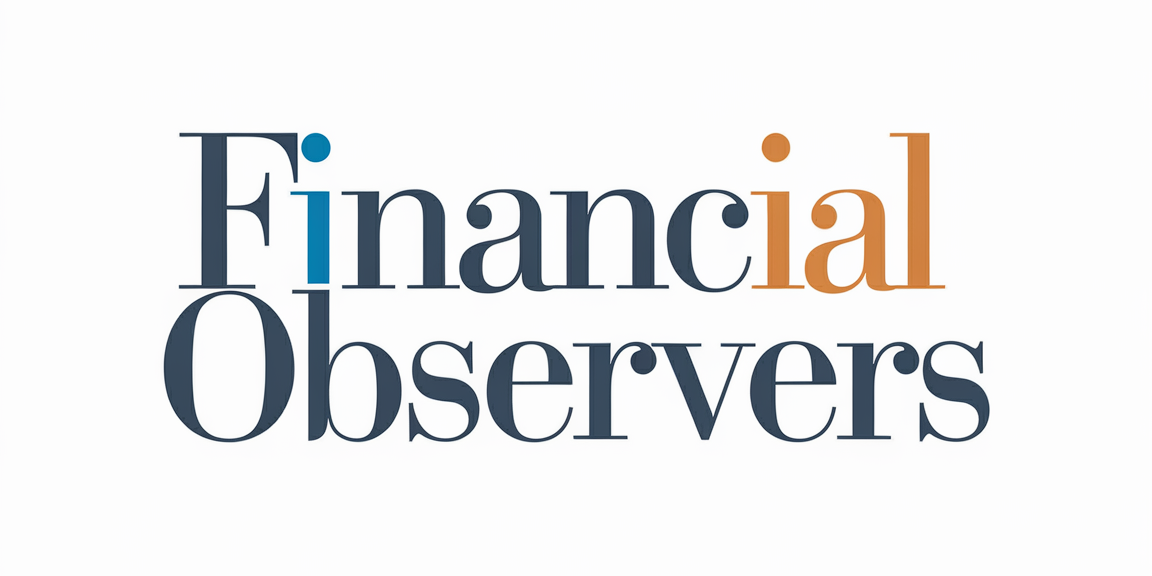No one enjoys paying taxes, but smart tax planning can help you keep more of your hard-earned money. Whether you’re a salaried employee, self-employed, or an investor, knowing how to reduce taxable income, claim deductions, and take advantage of tax breaks can save you thousands. The key is planning ahead, not scrambling at the last minute. Here’s how to make the tax code work for you and maximize your savings.
Contribute to Tax-Advantaged Retirement Accounts
Saving for retirement not only secures your future but also lowers your taxable income today. By contributing to a 401(k) or a Traditional IRA, you reduce your current tax bill while allowing your investments to grow tax-deferred. If your employer offers a 401(k) match, take full advantage of it—otherwise, you’re leaving free money on the table.
Max Out Your Health Savings Account (HSA) or Flexible Spending Account (FSA)
Health-related expenses can add up quickly, so using a Health Savings Account (HSA) or Flexible Spending Account (FSA) can provide relief. With an HSA, your contributions, growth, and withdrawals for qualified medical expenses are all tax-free. If you don’t qualify for an HSA, an FSA lets you contribute pre-tax dollars toward medical expenses, though the funds must be used within the plan year.
Take Advantage of Tax Deductions
Reducing your taxable income through deductions can significantly lower your tax bill. Mortgage interest, student loan interest, charitable donations, medical expenses, and self-employed business costs are all examples of deductions you may be eligible for. Keeping track of these expenses throughout the year ensures you maximize your deductions when tax season rolls around.
Consider Tax Credits to Lower Your Bill
Unlike deductions, which lower taxable income, tax credits reduce your actual tax bill dollar-for-dollar. The Child Tax Credit, Earned Income Tax Credit (EITC), education credits, and energy-efficient home credits can all add up to big savings. Understanding which credits you qualify for can lead to substantial reductions in what you owe.
Harvest Investment Losses to Offset Gains
Investors can use a strategy called tax-loss harvesting to minimize capital gains taxes. Selling underperforming stocks at a loss helps offset gains from other investments, reducing your overall tax liability. If you have more losses than gains, you can deduct up to $3,000 of those losses against your regular income each year.
Be Strategic About When You Sell Investments
Timing the sale of investments can have a major impact on your tax bill. Holding investments for more than a year qualifies them for lower long-term capital gains tax rates, while selling within a year means your profits are taxed at higher short-term rates. Planning your sales accordingly can help you keep more of your earnings.
Fund a 529 Plan for Education Savings
A 529 college savings plan allows tax-free growth and withdrawals when used for qualified education expenses. Some states also offer tax deductions or credits for contributions, making this a great way to save for a child’s education while lowering your taxable income. Even if you don’t have kids yet, you can open a 529 for yourself and change the beneficiary later.
Defer Income to Reduce Your Tax Burden
If you expect to earn less next year, deferring income can help keep you in a lower tax bracket. Self-employed individuals can delay invoicing until January, and employees expecting a year-end bonus can request to receive it in the following year. This simple timing strategy can lead to significant tax savings.
Make the Most of Gift and Estate Tax Exemptions
Gifting assets can help reduce the taxable value of your estate and transfer wealth without triggering tax penalties. Each year, you can gift up to $17,000 per recipient (as of 2023) tax-free. This strategy is especially useful for individuals with large estates looking to minimize potential estate tax liabilities.
Work With a Tax Professional to Optimize Your Strategy
Navigating tax laws can be overwhelming, and missing out on deductions or credits can cost you thousands. A tax advisor or CPA can help you identify tax-saving opportunities, ensure compliance, and maximize refunds. If you’re self-employed, own a business, or have multiple income streams, professional guidance is a smart investment that often pays for itself.
Tax planning isn’t just for the wealthy—it’s for anyone who wants to keep more of their money. By being proactive, using tax-advantaged accounts, and leveraging deductions and credits, you can legally reduce your tax burden and maximize your savings year after year.


